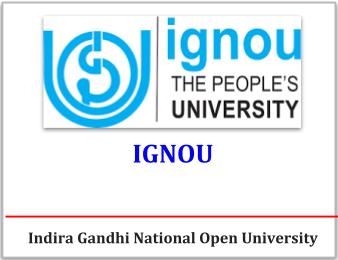(HOT) UPSC Current Affairs 2025 PDF
NEW! The Gist (NOV-2025) | E-BOOKS
IGNOU HISTORY NOTES : Modern India - COMMUNALISM AND THE PARTITION OF INDIA

IGNOU HISTORY Study Notes for IAS, UPSC Exams
Modern India 1857-1964
COMMUNALISM AND THE PARTITION OF INDIA
Structure
36.0 Objectives
36.1 Introduction
36.2 Background to Pakistan
36.2.1 Transformation of the Muslim League
36.2.2 Extremist Phase of Hindu Communalism
36.2.3 The Brit~sh Policy
36.3 Post-War Developments
36.3.1 Simla Conference and Elections
36.3.2 The Cahinet Mission
36.3.3 Formation of Interim Government
36.3.4 Fixing of a Time Limit for British Withdrawal
36.3.5 The Third June Plan and its Outcome
36.4 Congress and Partition
36.5 Congress's Handling of the Communal Problems
36.5.1 Pitfalls of Conciliation
36.5.2 The Basic Failure
36.6 Let Us Sum Up
36.7 Key Words
36.8 Answer to Check Your Progress Exercises
36.0 OBJECTIVES
After reading this Unit you will be able to:
- explain the nature of communalism in the last decade of British rule,
- get an idea of the background to the demand for Pakistan,
- trace the political developments leading upto the partition of India,
- assess the role played by Muslim League, the British and the Congress in the creation of Pakistan.
36.1 INTRODUCTION
In Unit 14 of Block IV you learnt about the various forces which led to the emergence and growth of communalism in modem India. You have already become familiar with the major developments related to communalism upto 1940. However, the 1940s represent the most crucial and decisive phase of communalism. It was in this period that the biggest communal demand - the demand for Pakistan-was put forward, and popularised by the Muslim League. This period also witnessed the actual coming into being of Pakistan in 1947. This Unit attempts to explain the process of the formation of Pakistan, and gives you a summary of the major events which led to it.
36.2 BACKGROUND TO PAKISTAN
The demand for Pakistan did not arise in a vacuum. It was a product of certain political developments which took place after 1937. The period after 1937 witnessed serious changes in the politics of both the Hindu communal and the Muslim communal forces. In the popularisation of the Pakistan demand the British Policy also played a very active role, by giving it acknowledgement and credibility. Let us look at their role separately.
36.2.1 Transformation of the Muslim League
The year 1937 was a turning point in the history of Muslim communalism. In the elections held for the Provincial Legislative Assemblies that year, the League won only 109 out of
Clck here to download full Chapter
Courtesy: eGyanKosh


